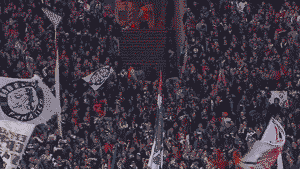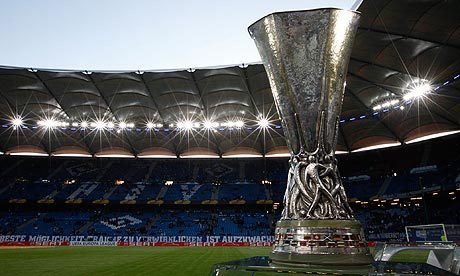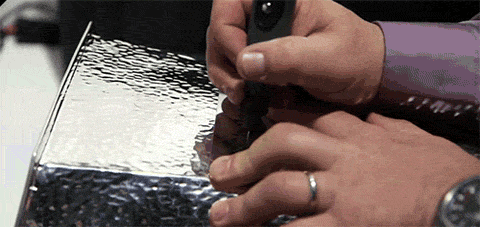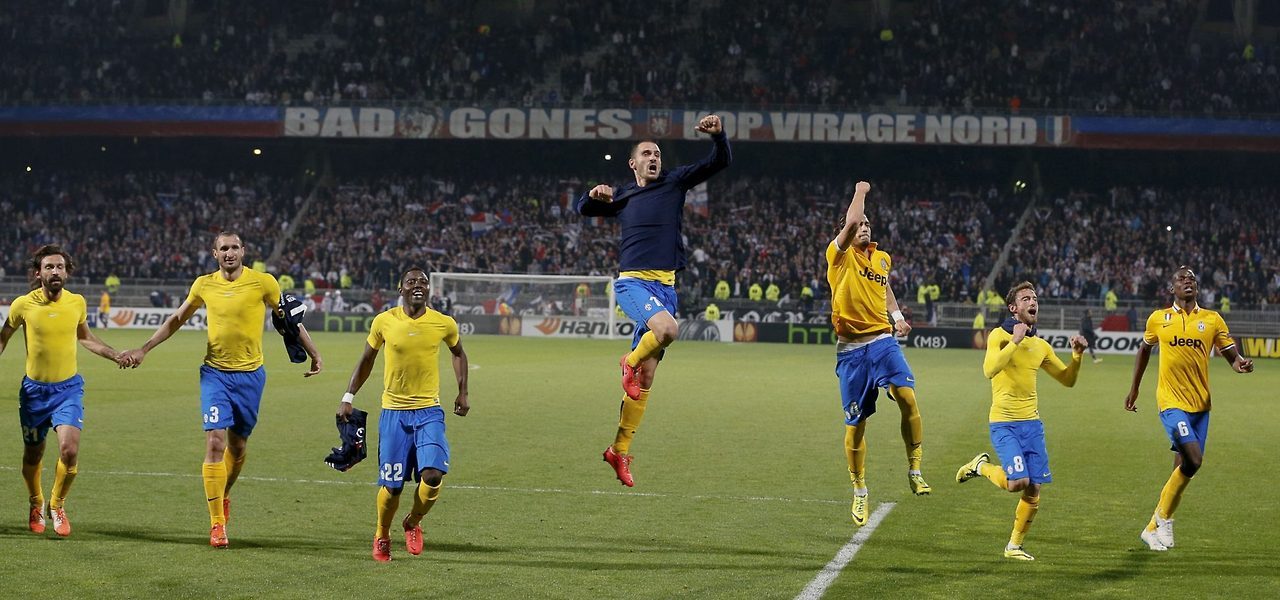Words Unsaid: Looking at the Europa League Theme
Words Unsaid: Looking at the Europa League Theme
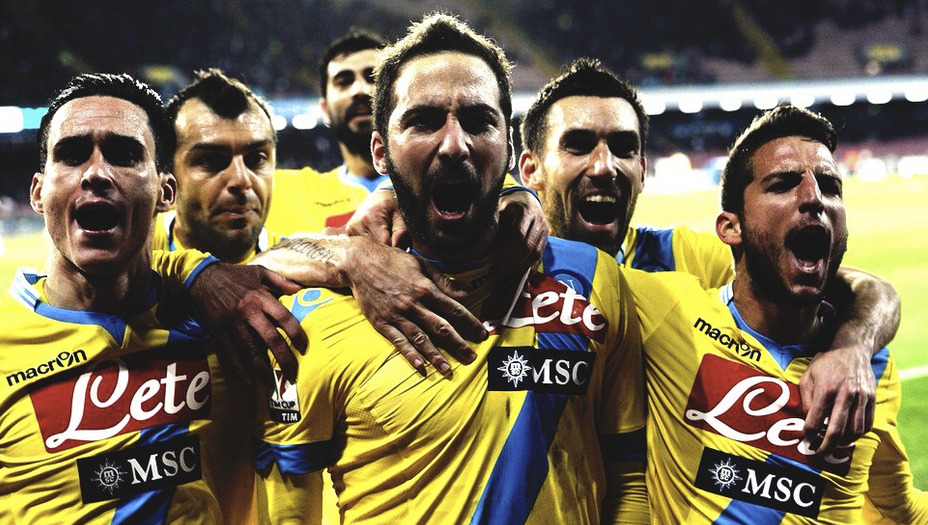
Words Unsaid: Looking at the Europa League Theme
By David Rudin
At some point in the early 1990s, back when wins at the World Cup were still worth two points, goalkeepers were still allowed to handle back passes, and UEFA was still headquartered in a squat concrete complex on Bern’s Jupiterstrasse, the powers that be in European football gathered together and decided that a footballing competition wasn’t really a footballing competition without an anthem.
For the Champions League’s 1992 debut, UEFA therefore commissioned Tony Britten to pen its anthem. The English composer set the French, German, and English words for “champions” to the tune of Handel’s “Zadok the Priest.“ This grandiose mélange was then recorded by London’s Philharmonic Orchestra and the Academy of St Martin in the Fields Chorus. Thus, “Champions League” was born.
Like a national anthem, “Champions League” is more flattering than honest. It sidesteps the competition’s lack of history with a score that predates the invention of association football by 140 years. Lyrics like “The best teams/The Champions” gloss over the inclusion of multiple entrants per nation. The London Philharmonic Orchestra’s cultural cachet helps to mitigate UEFA’s crass commercialism. Tony Britten’s anthem is UEFA’s description of the Champions League: prestigious, rich in history, and exclusive.
The Europa League is a footballing competition and, as a footballing competition, it must have an anthem.
But how do you describe the Europa League?
What is its idealized story? How do you set “every nation’s three best teams (excluding those that qualified for the Champions League), with an extra team for the nations seven through nine in UEFA’s coefficient ranking, only two entrants for nations ranked 52nd and 53rd, one spot for Lichtenstein, an extra entrant from each of the three nations that top UEFA’s Fair Play League, and various teams that have already been eliminated from the Champions League” to music?
Unable to resolve the Europa League’s existential torment, UEFA called in the professionals. It invited branding agencies and composers to submit proposals for the new competition’s anthem. In October of 2008, after poring over 22 submissions, UEFA’s jury selected “Fantasy Football” by Yohann Zveig.
In a 2013 interview with Le Parisien, Yohann Zveig claimed to have entered the world of football by chance. In 2004, the young Frenchman had created a production company named Boburst to promote his work as a musician. He dreamed of composing the soundtrack for a feature-length film but answered all sorts of calls for submissions. UEFA’s was but one of the many competitions he participated in.
According to German journalist Jens Weinrich, Yohann Zveig actually had close ties to the world of football. He was (and is) UEFA president Michel Platini’s son in law. It is not yet clear if UEFA’s jury knew of this connection in 2008 and, if it did, whether that swayed its decision. However, as Weinrich rightly notes, this sort of conflict of interest would not be tolerable in a business environment. Regardless of what UEFA’s jurors knew, their decision now appears improper and cannot readily be undone.
“Fantasy Football” is the musical equivalent of gegenpressing: the orchestra plays at full pace from the first bar to the last. The drums pound away; the strings plow forward; the brass section blares forcefully. In the video of the anthem’s recording released by Zveig’s branding agency, the camera focuses on the intensity of the musicians’ eyes. The fifty members of the orchestra are all wearing casual clothes instead of tuxedos. They look like athletes. Just like “Fantasy Football,” this visual analogy isn’t subtle.
For all its sound and fury, “Fantasy Football” has no lyrics. Yohann Zveig has yet to explain the reasoning behind this decision. Perhaps Tony Britten scorched the lyrical earth for footballing anthems. Perhaps Zveig could not set an explanation of the Europa League to music without using a 111/4 time signature. Regardless, Zveig’s anthem joins the Spanish, Sammarinese, and Bosnian national anthems as one of the world’s few wordless anthems. “Fantasy Football,“ like the competition it purports to describe, is defined by what it is not.
Music, of course, can speak without words and Yohann Zveig maintains that “Fantasy Football” speaks to the European adventure. The managers who complain about the Europa League’s taxing travel requirements wouldn’t dispute this point. Europa League matches have been played above the Arctic Circle and on the south coast of the Mediterranean. The combined populations of Thun, Estoril and, Waregem, all of which have hosted Europa League matches, could be seated in Barcelona’s Camp Nou. When the Europa League’s finalists arrive in Turin on May 14, they will have completed a European adventure.
Tony Britten’s “Champions League” is an anthem for the old European capitals where Handel’s coronation anthems were first performed. It is an anthem for a Europe where English, French, and German lyrics only excluded the Italians and Spaniards. “Fantasy Football” epitomizes a newer, more expansive conception of Europe. According to Zveig, the anthem was made to sound equally at home in “the smallest football stadium [and] the most majestic stadia.” Yet “Fantasy Football” also represents Europe’s newer pathologies; it was produced by a dysfunctional bureaucracy and lacks a clear message. In a strange way, Yohann Zveig succeeded in his efforts to compose a European anthem.
“Fantasy Football” is, above all, an anthem for the football in the twenty-tens. It embodies an age where football is seemingly on every screen and in every city, where authorities give fans musical cues to cheer, where football’s governing bodies cannot escape accusations of corruption, and branding experts earn good livings reshaping football competitions. Yohann Zveig was right: when it comes to describing the state of modern football, words fail.
This piece was written by David Rudin. Follow him on twitter @davidsrudin. Comments below please.

